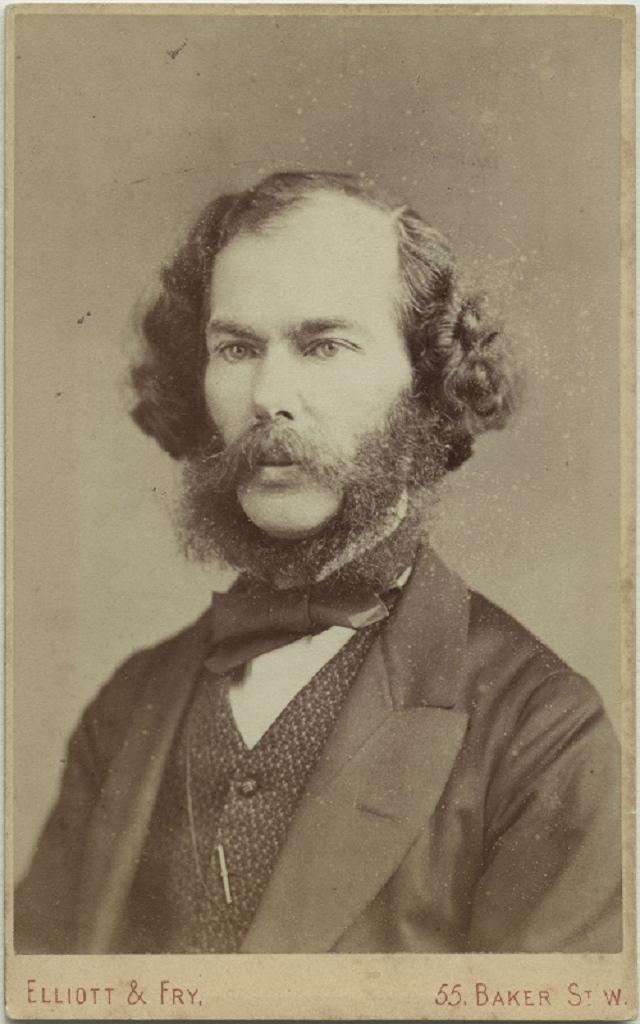Shift in Psychological conceptions was initiated largely by George Henry Lewes as he developed a “New Psychology” in the mid-to-late nineteenth century. The term “new psychology” heralds in a new shift in the understanding of psychological, changing from the old, dominant models of the early nineteenth century where a person’s psychological state is static and unchanging and developed into a broader understanding in which the mind and psyche can change through biological and environmental factors. He also identified differing levels of consciousness. At the top is higher faculties like reason and willpower, and on the lower end are the more base part of the brain--hunger and desire. Previous psychologists differed in their ideas of how the mind worked. But both earlier theories considered the mind something static--unchanging. The theory of “new psychology” considered consciousness a series of ever-changing relations between body and mind, feeling and thought. Bodily processes were crucial in controlling and changing the mind. Also, the environment plays a big role with psychological development. It was also believed that the psychological traits an individual develops through their lifetime can be internalized so deeply that they can be passed on to offspring.
Lewes published a three volume series outlining his theories and findings. The first volume contains the philosophical foundation for his theory of psychology. He argues that the “Method of Science” can be used to study fields of inquiry that before this time was considered too subjective for study. Methods of experiment can use logic and reasoning to study to study the three types of knowledge: the known, the knowable, and the unknown.
The second volume contains The Physical Basis of Mind, as outlined by Lewes analyzing the “material conditions which constitute the organism in relation to the physical world.” This is done through dissection of brain tissues of animals and Lewes is able to infer how humans are similar in structure to these animals. Through these experimentations he hopes to solve the age-old mystery of the relationship between the body and mind.
The third and final volume, named the Study of Psychology and it addresses two important issues: the relationship between a person’s consciousness and his or her social experiences; and second, the relation between objective and subjective study.
George Henry Lewes died before he could finish his book, but his influence was felt throughout the psychological community. These forward-thinking ideas led to many changes in the way we think of and treat mental disorders. Instead of simply shutting away those with illnesses of the mind, psychologists attempted to “intervene” with procedures--many of those procedures are not accepted today and in fact are abhorred--but still, the idea that mental illness can be treated has led us where we are today and many who are mentally ill find relief of symptoms with the use of drug therapy.
Thompson, Scott C. "On G.H. Lewes's Problems of Life and Mind, 1874 - 79." http://www.branchcollective.org/?ps_articles=scott-c-thompson-on-g-h-lew.... Accessed on 10 Dec 2018


